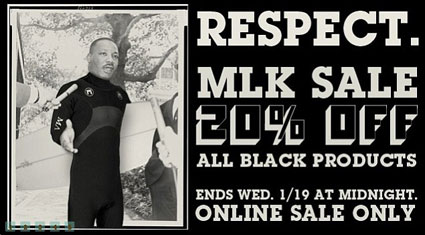A friend shared, “When Jim Crow Drank Coke,” a recent Op-Ed piece from the New York Times.
It is a fascinating and enlightening piece that provides a unique and revealing slice of American history.
Click here to read the article.
Editor’s Note:
After publishing this post, I received a number of inquiries.
I take no position regarding Grace Elizabeth Hale’s historical assertions with regard to Coca-Cola.
As a marketer, I am deeply fascinated by what makes consumers loyal to a specific brand.
Brand loyalty or brand disdain goes well beyond product attributes.
For example, as with many of my contemporaries, there is a specific gasoline brand and a “fast-casual” restaurant brand that I will not patronize.
In my opinion, those two brands are tarnished and while they had the ability and opportunity to rehabilitate themselves, they elected not to do so to my satisfaction.
Three individuals whom I consider heroes and role models are associated with the Coca-Cola Company: the late J. Bruce Llewellyn, the indomitable Ingrid Saunders Jones and entrepreneur Larry Thornton.
These three individuals impact the way I view the power of brands and what they represent to me as both an African-American and a marketer.
Their actions helped to fortify the Coca-Cola brand and solidify the brand’s position.
For those who would like to read more, check out “The Real Pepsi Challenge: The Inspirational Story of Breaking the Color Barrier in American Business,” by Stephanie Capparell.




